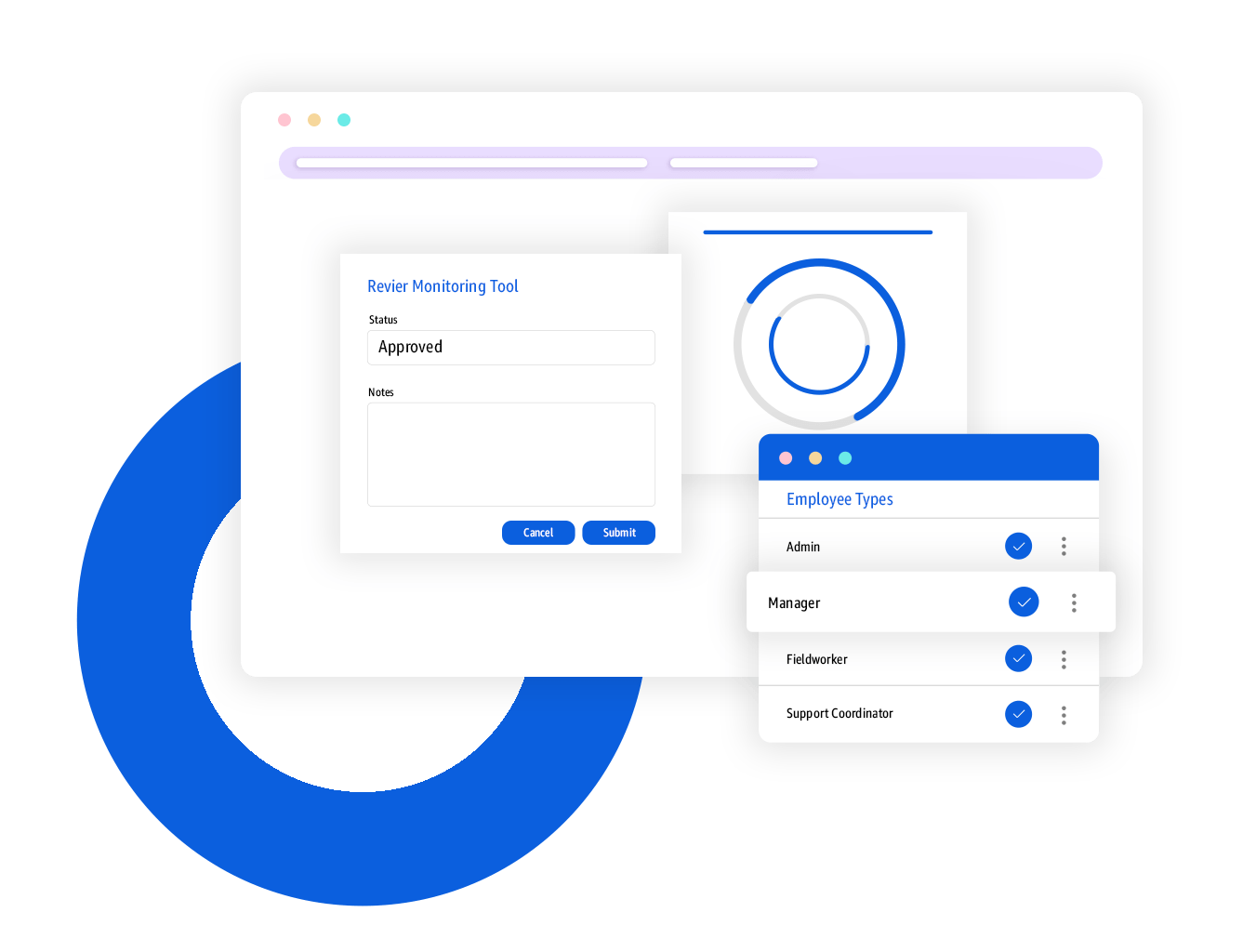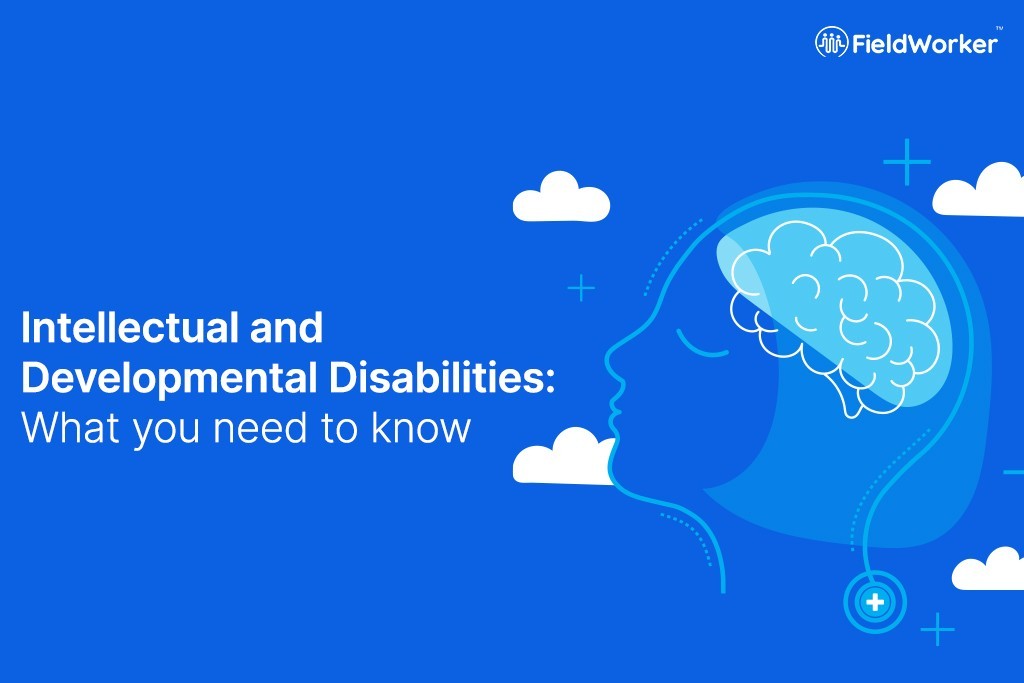What Does IDD Mean with Regards to Mental Health?
Intellectual and developmental disabilities (IDDs) can significantly impact an individual’s physical, intellectual and/or emotional development.
Before they reach 18, patients identified with IDD are more than likely to suffer long-term effects in major life activities. The list includes but is not limited to:
- Limited learning and comprehension abilities
- Delayed speech and language skills
- Issues with personal care
- Inability to live as fully independent adults
What Causes Intellectual and Developmental Disabilities?
Intellectual disabilities exist due to a problem with the brain. This may be due to an inherited condition, an acquired illness or injury, however, for many children with IDDs, the exact cause is unknown.
Some intellectual disabilities – such as Down Syndrome, infections and birth defects – occur before birth, with others developing after birth.
Intellectual and Developmental Disabilities Examples
“Intellectual and Developmental Disabilities” is a more general category of permanent disability related to either or both physical or intellectual conditions.
“IDD” is a term coined to explain conditions in which intellectual disability and other disabilities are present. Some instances of developmental disabilities include:
- Down syndrome
- Autism
- Fetal Alcohol Syndrome
- Brain Injuries
- Behavior Disorders
- Fetal Alcohol Syndrome
- Spina Bifida
- Intellectual Disability
Indications of Intellectual Disability in Children
Picking up on early signs is a way to assess the extent of intellectual disability in a child. Still, it will be tough to tell how growing children will be affected as they grow older.
Some clues to pick up on a child with early signs of Intellectual disability are:
- Having difficulty retaining things
- Learning how to speak later
- Struggling with following social norms
- Learning to crawl and walk later than most children
- Fixing problems seems complicated for them
Read more here on Intellectual disability with children.
How common are IDDs?
An estimate shows that as many as 1-3 people out of every 100 experience an intellectual and developmental disability of some kind. That means that in total, as many as 6.5 million people in the US alone are potentially living with an IDD. This rate of incidence is similar on a global level, which means around the world, as many as 200 million people have Intellectual disabilities.
However, intellectual disabilities are slightly more common in countries with lower incomes, Affecting approximately 16.41 out of every 1000 people..
The United Nations Development Programs estimates that 80% of individuals with disabilities come from low-income nations. This means people with special needs or disabilities account for 1 out of every 10 people worldwide. However, for the world’s poorest nations, this may instead be 1 in 5 instead.. Click here for more information on disability and employment, as researched by the UN.
The American Association of Intellectual and Developmental Disabilities or (AAIDD) states that individuals can be classified as having an intellectual disability where the following apply:
- The disorder appears before the patient reaches 18.
- They experience serious constraints in two or more adaptive areas that are essential to work, play or live in a community – like socializing or self-care.
- They have an IQ of under 70-75
How Can Individuals with IDDs Get the Assistance They Need?
A Person diagnosed with an IDD can choose where they want to live. This is determined by their wishes and what kind of support they require in relation with what is offered in the local area.. Individuals may choose to live in::
- Their own homes.
- A state-assisted independent living center.
- A residential care home with other IDD patients.
- An intermediate care facility for people with Intellectual disabilities or similar conditions (ICF/IID).
Social Workers aid IDD patients
Individuals with IDD are often stereotyped as being unable to make their own choices. However, there are people (besides family) proficient at assessing and specifically trained to help people diagnosed with IDD; these are your average, everyday heroes, your social workers. What is a Social worker? Read more here
A social worker equipped to assist people with disabilities has the best insight into the patient they are dealing with. They can suggest to the family the most cost-effective means to take care of their loved ones and the best solutions to help the special needs individual to have a better life, as they are with the patient most of the time.
FieldWorker allows social workers to give their patients the best care. The application contains vital essentials to keep track of their patients progress, update case notes pronto, and more.

